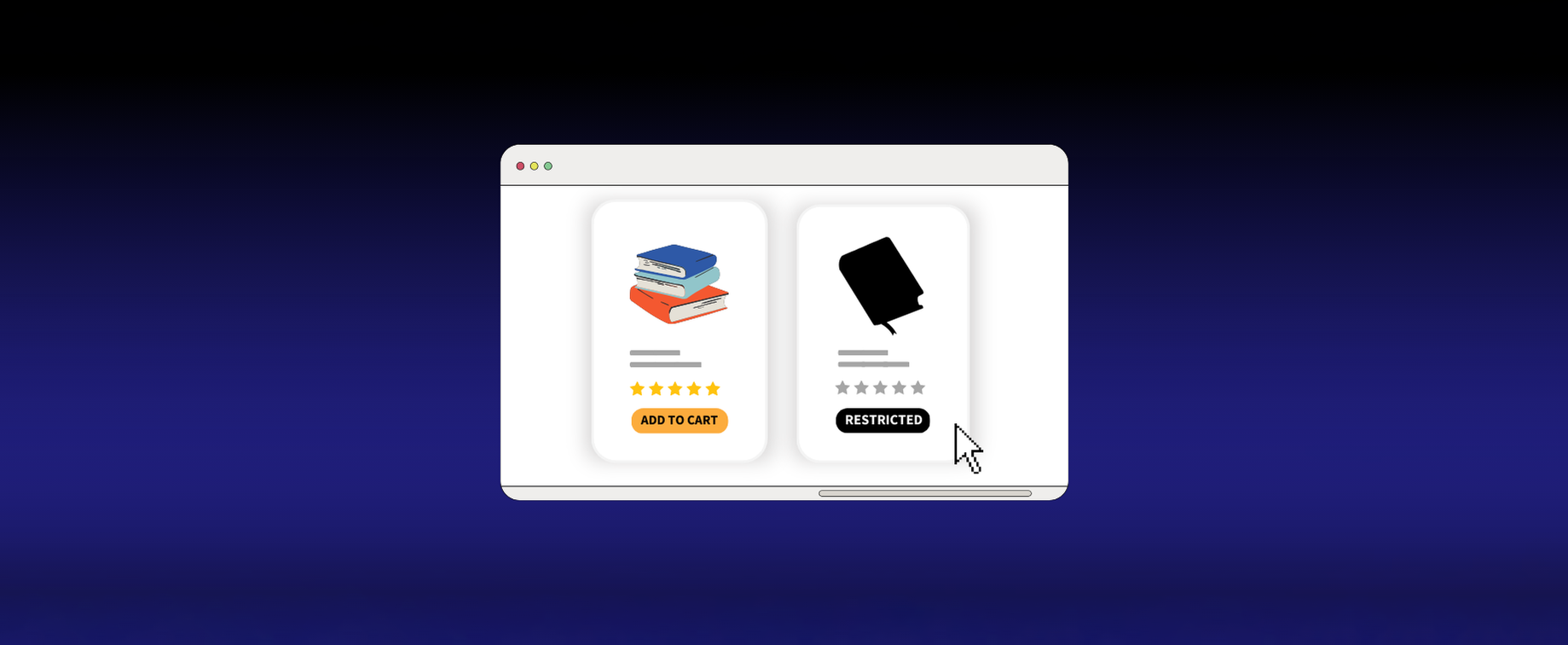
IGF 2013
Islands of Control, Islands of Resistance
This report, Islands of Control, Islands of Resistance: Monitoring the 2013 Indonesian IGF, is the first in a series of Citizen Lab reports that apply a mixture of methods, from technical interrogation to field research and social and legal analyses, to study information controls in and around particular events. This report focuses on information controls in and around Indonesia’s hosting of the United Nations Internet Governance Forum (IGF).
Islands of Control, Islands of Resistance: Monitoring the 2013 Indonesian IGF
Read the individual sections here:
- IGF 2013: Islands of Control, Islands of Resistance: Monitoring the 2013 Indonesian IGF (Foreword)
- IGF 2013: Monitoring Information Controls During the Bali IGF (Framing Post)
- IGF 2013: An Overview of Indonesian Internet Infrastructure and Governance (Part 1 of 4)
- IGF 2013: Analyzing Content Controls in Indonesia (Part 2 of 4)
- IGF 2013: Exploring Communications Surveillance in Indonesia (Part 3 of 4)
- IGF 2013: An Analysis of the 2013 IGF and the Future of Internet Governance in
- Indonesia (Part 4 of 4)
Those wondering about the future of the Internet need look no further than Indonesia. Like many countries in the global South, Indonesia has swiftly entered into the universe of global digital communications. The nation’s capital, Jakarta, is said to be the most active Twitter city in the world and Indonesia now has the fourth largest number of Facebook users. From a baseline of practically zero only a decade ago, Indonesians are connecting at a rate of roughly 800,000 users every month. As is so often the case today among newly connected countries, the primary means of communicating online in Indonesia are mobile devices — many Indonesians carry two of them — making the country’s citizens highly wired and fully engaged.
But like many other countries in the global South, Indonesia has more than its share of governance challenges. As the world’s largest majority Muslim country, concerns about religious and social issues are always percolating at the policy level, and are creeping into Internet governance discussions. The archipelago is also strained by regional schisms and barely contained insurgencies that still occasionally burst out into the open. Bombings in Bali in 2002 and 2005 are still imprinted on many minds and colour the Indonesian security landscape. Although Indonesia’s three decade period of dictatorship has now passed, the country’s democratic institutions are still nascent and there are many issues to resolve, including holding the powerful armed forces accountable for past atrocities.
This report, Islands of Control, Islands of Resistance: Monitoring the 2013 Indonesian IGF, is the first in a series of Citizen Lab reports that apply a mixture of methods, from technical interrogation to field research and social and legal analyses, to study information controls in and around particular events. Our interest in event-based monitoring of information controls is an evolution in the Citizen Lab’s approach to research of cyberspace and global politics. During the period of our involvement in the OpenNet Initiative,1 the approach of that project was to undertake country-by-country comparative studies with little consideration given to timing apart from the availability of researchers inside the country. Meanwhile, we noticed, the most interesting dynamics around information controls were happening “in time” and around political events, like elections, anniversaries, global conferences, and sporting events. It is during political events that information has its greatest value and power, and is most highly contested. Moreover, events are episodes that mark turning points, perhaps creating a plateau of standards and regulations to follow, a kind of punctuated equilibrium of practices that become normalized after the event is done. For those reasons, Citizen Lab has embarked on a new project examining event-based monitoring of information controls, of which this report is the first.
The Citizen Lab chose to focus on information controls in and around Indonesia’s hosting of the United Nations Internet Governance Forum (IGF), running from October 20th (“Day 0”) to October 25, 2013. While Citizen Lab researchers, staff, and associates have had many memorable IGF and World Summit on the Information Society (WSIS) experiences, including having book launches and other presentations disrupted by host government and IGF official security, our participation in the Indonesian IGF went without interference. Unlike prior IGFs, we also came properly equipped not just to attend and present, but also to undertake applied research during the course of the event. We worked closely with Indonesian civil society partners for many months leading up to the IGF, which gave us unique insight into the political processes surrounding the planning and preparation. With the help of the same Indonesian partners, some of whom wish to remain nameless, we undertook in-country and remote network measurements aiming to document Internet content filtering and surveillance practices, and interviewed officials attending the IGF. Independent researcher Collin Anderson contributed data from OONI probe tests2 he undertook during the IGF. Parts of this report were written in situ, some of us working from the IGF conference venue or from the conference hotel while other Citizen Lab staff and researchers in Toronto undertook technical analysis and contextual research. Our preliminary findings were presented at a press conference and a panel session at the IGF. The final section of the report was written after the IGF had wrapped up, and provides a series of reflections on the overall process.
Islands of Control, Islands of Resistance was researched and written in a collaborative fashion, by the Citizen Lab’s (in alphabetical order) Matt Carrieri, Masashi Crete-Nishihata, Jakub Dalek, Ron Deibert, Bennett Haselton, Saad Khan, Marianne Lau, Helmi Noman, Irene Poetranto, Adam Senft, and Greg Wiseman. Prior research of the Citizen Lab’s Morgan Marquis-Boire, Bill Marczak, and John Scott-Railton also informed the report. The Citizen Lab’s Irene Poetranto translated this report into Bahasa Indonesia. Special thanks to Collin Anderson, Harijanto Pribadi (Department Head of Indonesia Internet Exchange, Indonesia Internet Service Provider Association), Professor Sinta Dewi Rosadi (Faculty of Law, Padjadjaran University, Bandung, Indonesia), and several Indonesian civil society partners who contributed to the report but wish to remain anonymous.
Ron Deibert
Director, Canada Centre for Global Security Studies and the Citizen Lab
Munk School of Global Affairs, University of Toronto
- The OpenNet Initiative is a collaborative partnership of three institutions: the Citizen Lab at the Munk School of Global Affairs, University of Toronto; the Berkman Center for Internet and Society at Harvard University; and the SecDev Group (Ottawa). ↩︎
- OONI-probe is a client based Internet censorship measurement tool developed by the Tor project. ↩︎
